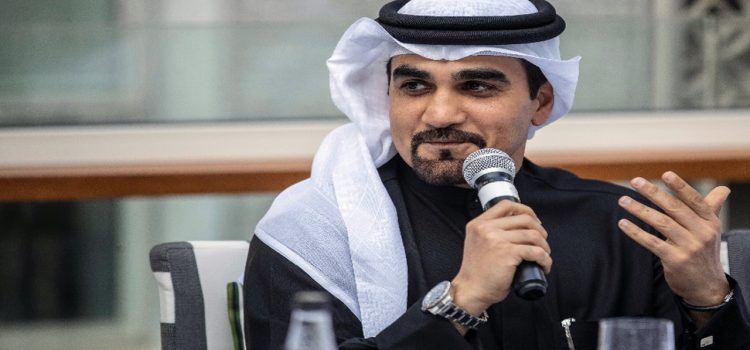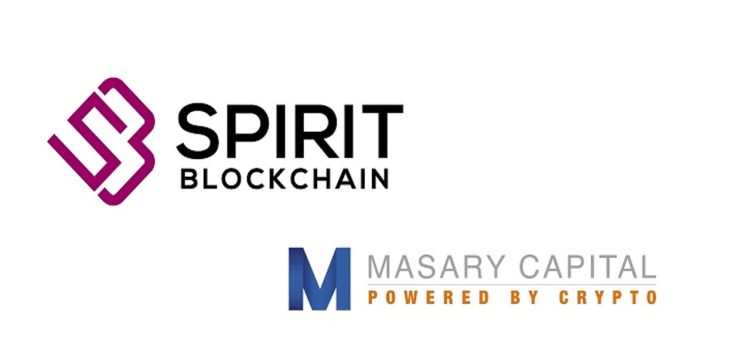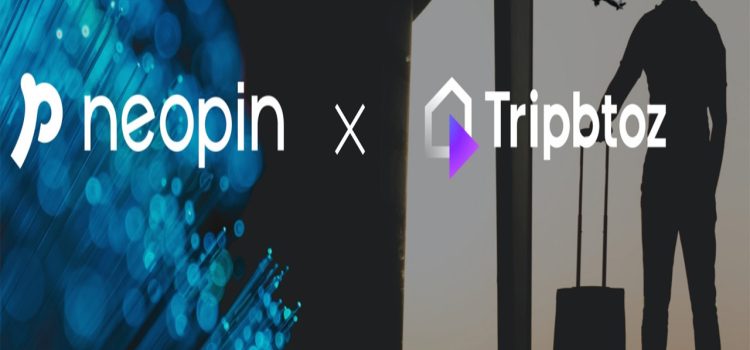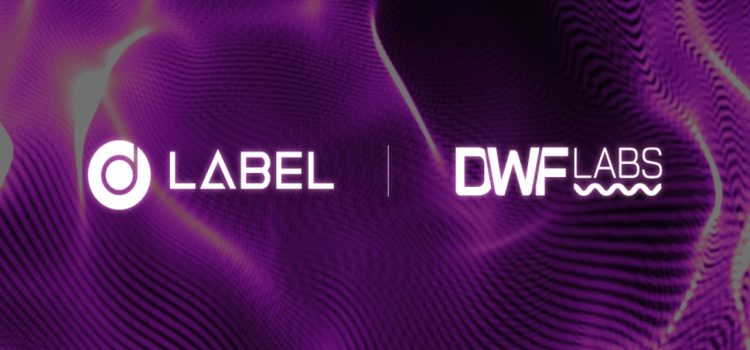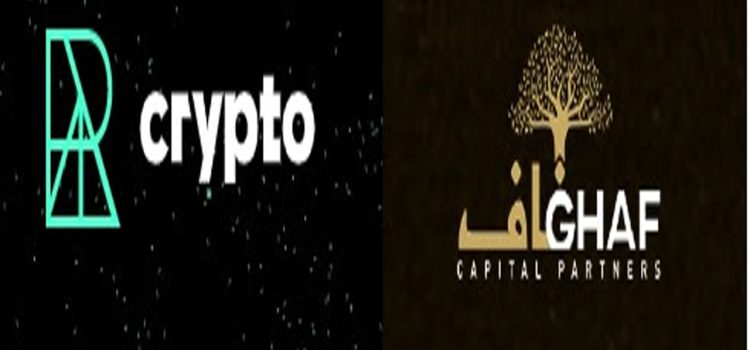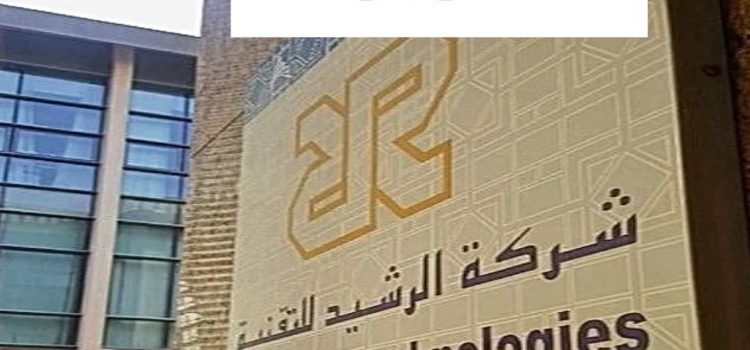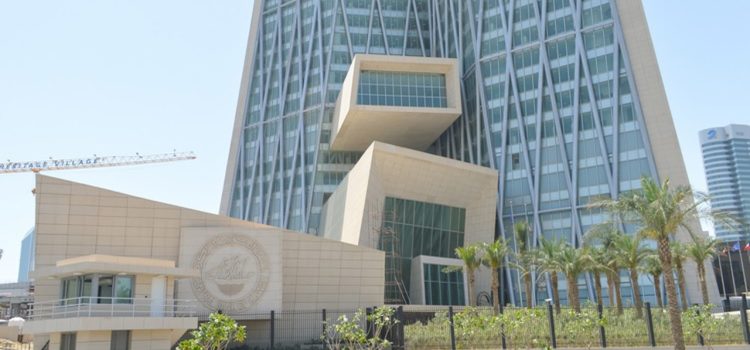
UAE based VAF Compliance, a virtual assets and fintech compliance firm has launched a telegram bot service that assesses the risks associated with accepting cryptocurrency as payment.
VAF Compliance’s Telegram Bot can help individual clients and small businesses avoid situations where they may unknowingly accept tainted funds. With this service, VAF Compliance aims to democratize access to AML solutions to all users, who now can assess risks before accepting crypto, receive a clear and user-friendly report, understand the risks associated with interacting with other wallets, and prevent the receipt of crypto with criminal origins.Crypto exchanges, the entry point to cryptocurrencies, are particularly vulnerable to compliance issues. To maintain compliance, the implementation of robust Know Your Customer (KYC) and Anti-Money Laundering (AML) policies is essential.
While recent sanctions against entities providing money laundering services to criminals have had a positive impact, alternative money laundering services may still be found, highlighting the need for robust KYC and AML policies in the crypto industry.
The bot is now available in English and Chinese (Mandarin) and will cover over 45 blockchains. It also provides an easy-to-read report to understand the risk level prior to accepting any funds in the user’s wallet.
In addition, users have the option to pay fees per report or package, and if they refer the service to others, they can receive free reports that cover more than 70 different risk parameters.
“We are very excited to launch our newest solution, the VAF Compliance Bot service, which provides an easy-to-use, yet comprehensive solution for individuals and small businesses looking to navigate the complex world of crypto compliance,” said Gilson Ribeiro Da Costa, CEO of VAF Compliance.
“We believe our innovative solutions will help our clients achieve their compliance goals, while also enhancing the overall reputation and credibility of the crypto industry.”
Not only does the company offer support to clients in the MENA region, but it also extends its services in countries such as Turkey, Africa, and Europe. In fact, the company has announced its expansion to Switzerland and the establishment of its office in Zug. The team will be led by Farzaad Gaibie, a seasoned financial services consultant with extensive industry knowledge and experience.
The expansion to Zug will enable VAF Compliance to better understand the needs of its clients and offer tailored solutions that meet their unique requirements.











